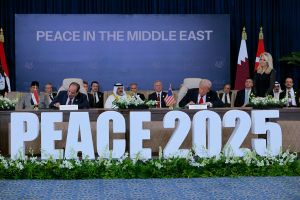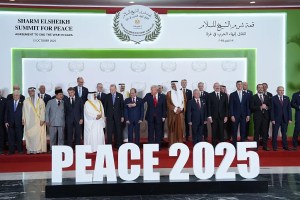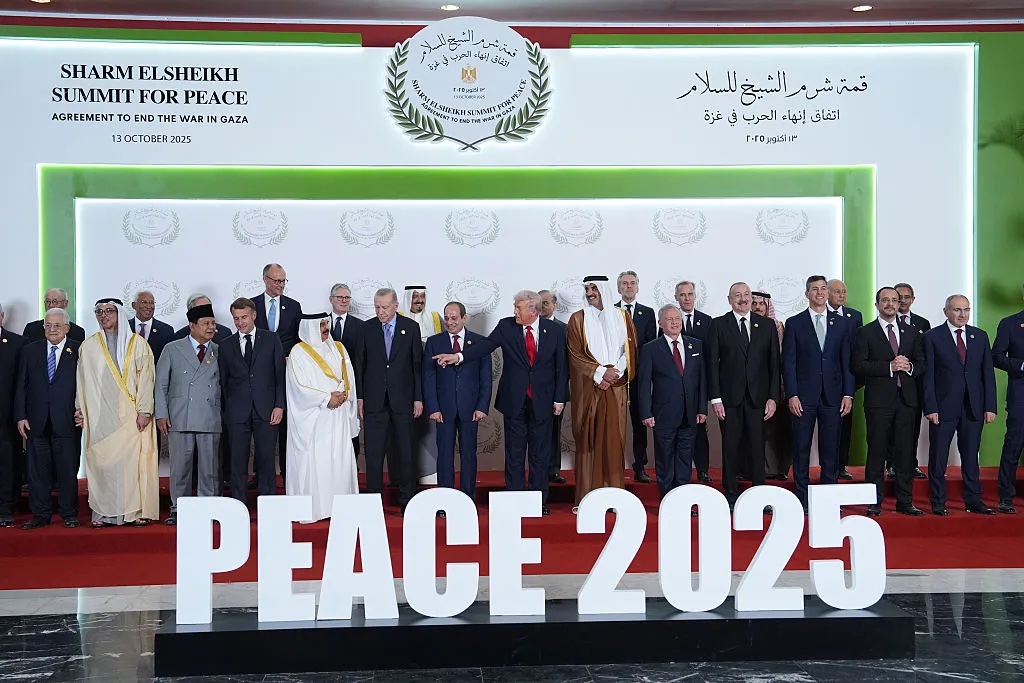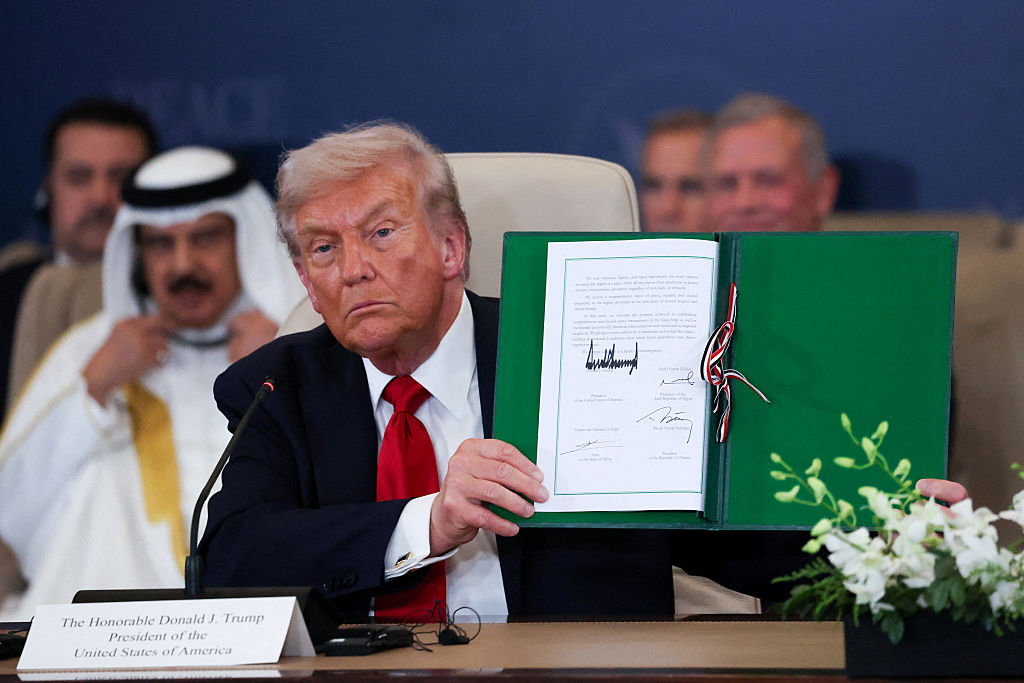On May 20, ICC prosecutor Karim Khan tried to push the borders of the “permissible.” In an extraordinary rebuke of existing practice, he not only sought arrest warrants for Hamas leaders who planned the October 7, 2023, attack on Israeli military bases, kibbutzim, towns and the Nova music festival where 815 civilians, among them thirty-six children, and close to 400 members of the security forces were killed, and 251 others (mostly civilians) were abducted and taken to Gaza. In addition, Khan had the courage to ask the Pre-Trial Chamber to approve the arrest warrants of Israel’s Prime Minister Benjamin Netanyahu and its defense minister Yoav Gallant — two leaders aligned with powerful western countries such as United States, Germany and the United Kingdom — accusing them of using starvation as a method of war, denying entry of humanitarian relief supplies and deliberately targeting civilians.
The court has begun addressing its historical bias
My law students at Queen Mary, University of London, found the move quite astonishing given that for many of them the International Criminal Court is the “African Court.” A former student from Nigeria once argued that if you scrolled down the ICC’s website, you would find it difficult to identify a single white person among those who have been accused. People who have either been investigated or are currently under investigation tend to hail from countries like Uganda, Sudan, Kenya, Libya, Côte d’Ivoire and Mali. Who could blame an interested observer, the student continued, if they mistakenly concluded that war crimes and crimes against humanity are the sole prerogative of Africa?
My students have a point. But when such comments are raised in class, I use them to underscore that international legal institutions operate within an existing web of power and cannot mete out justice equally in some objective or neutral way. To be sure, the ICC only deals with serious breaches of international law and the people it has successfully indicted had committed horrific crimes against humanity. But the cases it takes on reflect geopolitical power relations and not necessarily the most egregious violations that have been perpetrated. Put simply, it has been extremely difficult for the court to investigate political or military leaders from the West or even states aligned with the West.
Precisely for this reason, Khan’s decision to pursue arrest warrants against Netanyahu and Gallant is an incredibly courageous act, given the massive political pressure put on him and considering that secret service agencies like the Israeli Mossad have used unscrupulous methods to stop his predecessor from issuing similar arrest warrants. Khan decided to go ahead, I suspect, because, as prosecutor, it is his responsibility to guarantee the exercise of “jurisdiction over persons for the most serious crimes of international concern” and Netanyahu and Gallant have allegedly carried out crimes that fit the bill.
By the time Khan had submitted the warrants to the Pre-Trial Chamber, Israel had killed a similar number of civilians in Gaza in a few months as the Assad regime did in Aleppo in its 2015 assault and Russian forces did in Ukraine over two years. Proportionally speaking, Israel had already wreaked more damage than the Allied bombing of Germany in World War Two, destroying or damaging 70 percent of the Strip’s civilian infrastructure and rendering neighborhood after neighborhood uninhabitable. About 75 percent of Gaza’s population, some 1.7 million people, had fled their homes and more than 70,000 residents had been injured. The Israeli military had carried out over 400 attacks on Gaza’s healthcare facilities, and about two-thirds of the hospitals were no longer functioning. Meanwhile, United Nations agencies claimed that in the six weeks before February 12, Israeli authorities had denied access to 51 percent of the missions planned by humanitarian organizations to deliver aid to northern Gaza.
Khan was also well aware that for over five decades Israel has failed to hold any political and military leader accountable for carrying out war crimes and crimes against humanity against Palestinians in the occupied territories, and that a staggering 98 percent of complaints against Israeli soldiers concluded without any indictment. Empirical evidence suggests that the occupied territories have, in effect, been a “legal black hole” when it comes to “the most serious crimes of international concern.” Khan probably thought to himself that if he did not make a move, nothing would change. If not now, then when?
These warrants are significant not only because they aim to bring Netanyahu and Gallant to justice, but also because I can now tell my students that the court has begun addressing its historical bias. The students know that if the International Criminal Court cannot be used to stop crimes against humanity and acts that can potentially destroy a people “in whole or in part,” regardless of who carries them out, then we can say goodbye to the idea of the post-World War Two rules-based international order and the very notion of “Never Again.”
My students know that the time has come to begin setting the record straight.
This article was originally published on The Spectator’s UK website.


























Leave a Reply